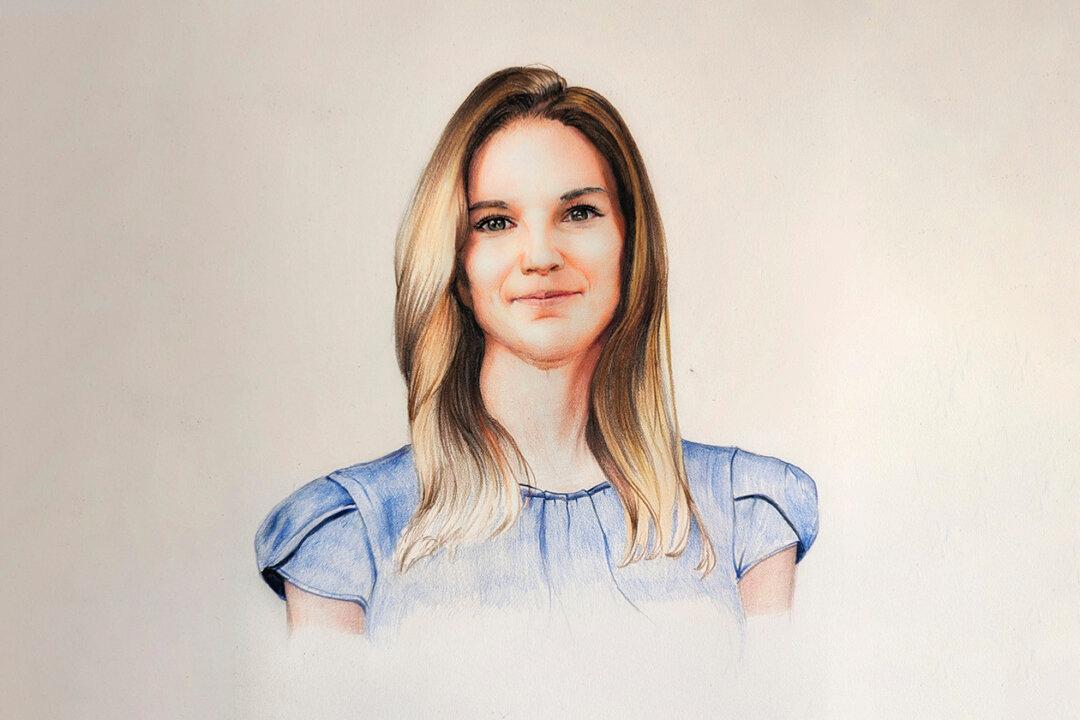“This isn’t depression or some psychosomatic issue,” Brianne Dressen says. “Your legs are failing, you’ve got electrical shocks, you’ve got severe tinnitus, you can’t see right, and you can’t think straight.”
In a recent episode of “American Thought Leaders,” host Jan Jekielek spoke with Brianne Dressen, a wife, mother, and former preschool teacher in Utah who was severely injured after participating in AstraZeneca’s COVID-19 vaccine clinical trial in November 2020. She is the co-chair of React19, the leading nonprofit organization aiding those who have been injured by the genetic vaccines.






